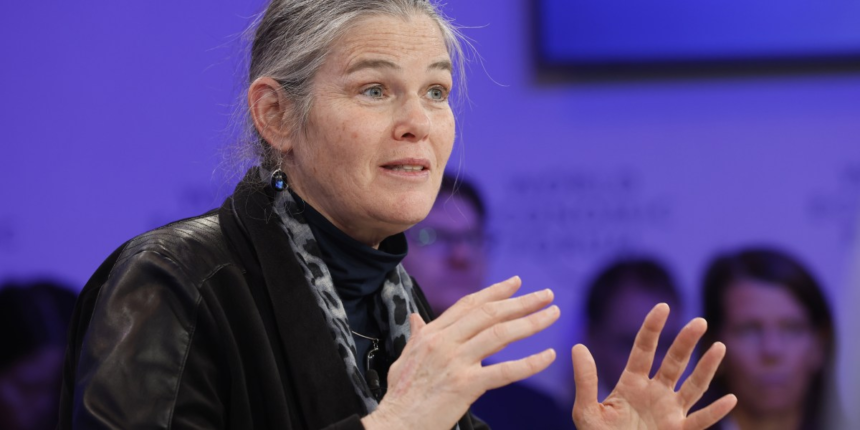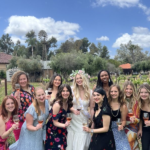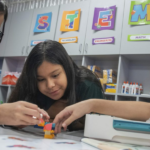Just as calculus revolutionized our understanding of physics by providing a mathematical framework to make predictions, she argues, AI can now do the same for the “complicated and intertwined” field of biology. In this week’s episode of Leadership Next, Koller explains how her company is already on the cusp of potentially transformative new treatments for fatty liver disease and ALS.
She talks about leading change in this new era of personalized and once unimaginable advances in drug discovery. But she also talks about how being awarded the MacArthur “genius” grant in 2004 proved to be a catalyst in expanding to the world of entrepreneurship.
“I’d always had a very aspirational definition of what genius means. That was Albert Einstein or Leonardo da Vinci. It wasn’t me,” she said. “I felt very humbled and unworthy, and one might even say that much of my career journey following the MacArthur Award was an attempt to kind of pay it back, to prove myself as having deserved that.”
“My parents were academics. I was convinced I would retire as an academic and be a professor emeritus, like my father,” she added. The MacArthur grant gave her the freedom to think more broadly about how she could make an impact: “I wanted to do something that was directly changing the world, as opposed to publishing papers and hoping that someone will read them and do something with that.”
That period planted the seeds of an idea that would become Coursera, the company she started with Andrew Ng. “I was absolutely petrified. Not only had I never founded a company, my career journey was such that I’d never even been at a company,” she added.









